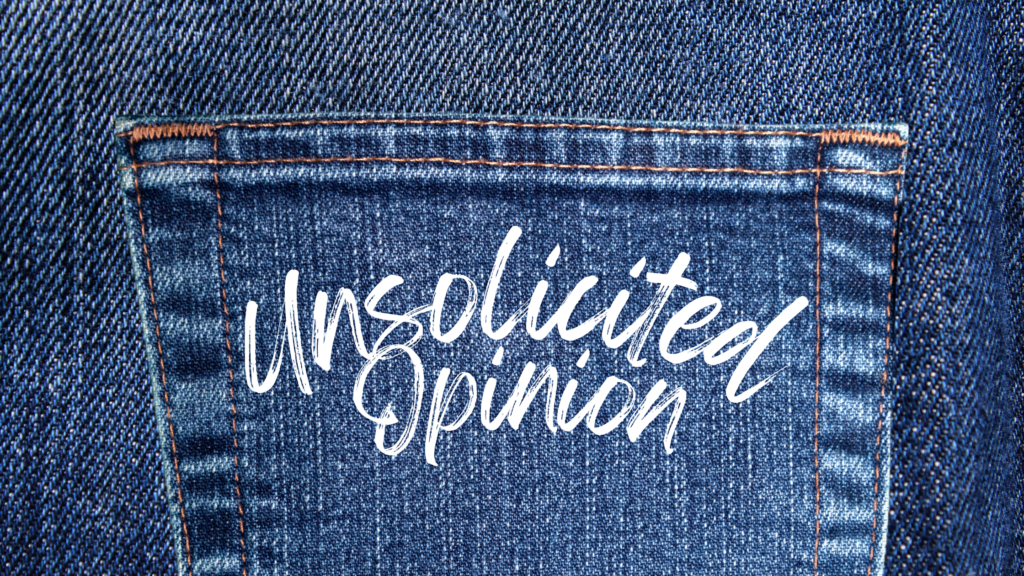
In today’s hyperconnected world, it’s all too easy to get swept up in the latest gossip, eagerly sharing unsolicited opinions on everything from celebrity scandals to the personal lives of those around us. The rapid spread of rumors and hearsay can feel like wildfire, scorching anyone caught in its path.
However, there’s a deeper issue at play—one that goes beyond mere idle chatter. It’s the tendency to craft elaborate narratives around individuals or groups, often without any solid foundation, and then broadcast these unsubstantiated stories to the world via social media.
This phenomenon, sometimes fueled by the desire to feel important or relevant, is exacerbated by what some call “main character syndrome.” In other words, people begin to view themselves as the central figure in a drama of their own making, casting others into roles without their consent.
The problem with this is twofold: not only does it often lead to misunderstandings and conflicts, but it also lacks any real substance or truth.
The real damage comes when these narratives are shared publicly—online or otherwise. What starts as a simple opinion or piece of gossip can quickly morph into a full-blown story, complete with villains and heroes, all constructed from a mix of assumptions and half-truths. Before long, what was once a harmless comment becomes a source of real harm, affecting reputations, relationships, and even mental health.
“If you don’t have anything nice to say, don’t say anything at all”
It’s important to remember that not every thought needs to be shared, especially when it comes to matters that don’t directly involve us. The old adage, “If you don’t have anything nice to say, don’t say anything at all,” holds more weight in the digital age than ever before.
The ease with which we can post our thoughts online can make it seem like every opinion is valuable, but that’s simply not the case. Just because you can say something doesn’t mean you should.
“The right word may be effective, but no word was ever as effective as a rightly timed pause.” — Mark Twain
It’s important to remember that each of us experiences life through our own unique lens, shaped by our individual circumstances, beliefs, and backgrounds. We all have different realities to respect, and these differences mean that what might seem true or obvious to one person may not hold the same weight for another.
When we share opinions or judgments based on mere snippets of information, we risk painting an incomplete and potentially misleading picture. The truth is rarely simple, and it often requires a deeper discourse to uncover, especially when ethical considerations of privacy and responsibility are involved.
Before engaging in or spreading narratives about others, it’s crucial to think critically about the full context and to consider the impact our words may have on the lives of those involved.
Not every situation calls for your advice or opinion. It’s okay to step back, to save your thoughts for when they are truly needed and requested. After all, sometimes the most respectful thing we can do is to simply listen.

The next time you feel the urge to offer unsolicited opinions, advice, or comments—whether in person or online—take a moment to pause. Ask yourself whether your input is truly needed or if it’s just adding noise to an already cluttered conversation. Often, the most valuable contribution we can make is to listen, rather than speak. In a world full of chatter, silence can be a powerful tool for both understanding and preserving the dignity.

